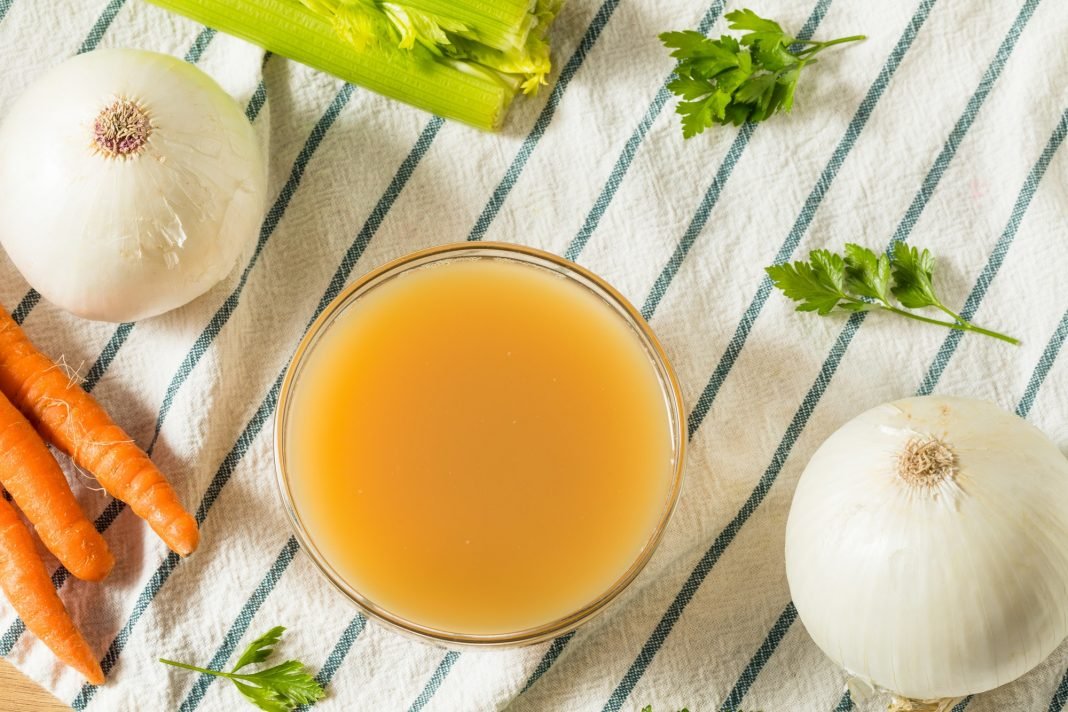Collagen
Collagen is a protein found in most connective tissues, including cartilage, muscles, bones, and skin. It gives our skin strength and elasticity and helps to build bones and cartilage.
According to James McIntosh from Medical News Today, collagen is a scaffold-like substance that holds the body together and gives it strength and structure. Endogenous collagen is a natural collagen which is synthesised by the body. In comparison, exogenous collagen is synthetic and comes from an outside source like supplements. (1)
Using food sources to acquire collagen and meet your daily nutritional needs is the best way to have a healthy balanced diet and lifestyle. Food sources of collagen include bone broth, eggs, chicken, beef and fish. If you can’t acquire enough collagen for whatever reason, collagen supplements are an option.
Collagen may help
- Improve skin health
- Reduce joint pain
- Heal intestinal permeability (leaky gut syndrome)
- Prevent atherosclerosis
What are the benefits?
1) Helps to maintain healthy skin
In a study included 69 women aged 35-55. The women split into three groups. One group of women had a placebo, and the other two groups took 2.5g or 5.0g of collagen hydrolysate every day. The study found that the women who consumed collagen hydrolysate had significant improvements in skin elasticity. (2)
2) Eases pain in our joints
Consuming collagen in the diet may reduce the pain associated with osteoarthritis because collagen accumulates in the cartilage and helps to maintain the cartilage structure.
3) Helps to heal intestinal permeability (leaky gut syndrome)
Intestinal permeability happens when the lining of the small intestine becomes damaged, and bacteria, waste products and undigested food leak into the bloodstream. The foreign substances that enter the blood can damage your health.
Collagen helps to form new connective tissues and may repair intestinal permeability by using amino acids to seal holes in the small intestine.
4) Helps to avoid atherosclerosis
Atherosclerosis happens when fat and plaque build up in your arteries which causes them to harden and become narrow. The narrowing of the arteries restricts blood flow to the heart and the body and increases the risk of heart attack and heart problems.
Collagen contains an amino acid called proline which helps to reduce fat build-up in the arteries, and therefore having collagen in your diet could reduce your risk of atherosclerosis.
Collagen works well with
- Vitamin C for joint problems, as it helps to make collagen
- Silica for skin and hair health
- Glucosamine to alleviate joint problems like osteoarthritis
- L-lysine to help with the formation of collagen
Some things to consider
You need to activate collagen so you can absorb it properly. To do this take collagen with amino acids and vitamin C. (3)
Resources
- https://www.medicalnewstoday.com/articles/262881
- https://www.ncbi.nlm.nih.gov/pubmed/23949208
- https://lpi.oregonstate.edu/mic/health-disease/skin-health/vitamin-C







